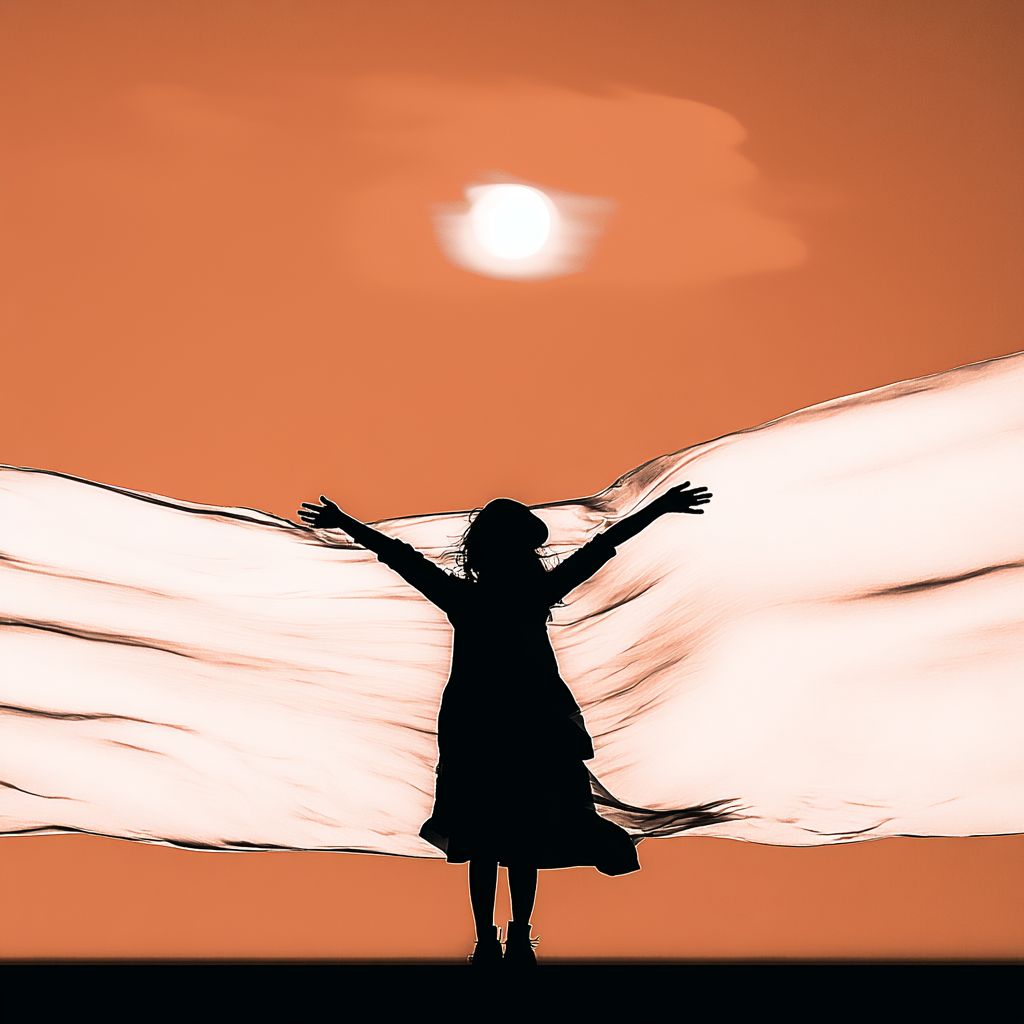Midnights That Changed the Map and Millions of Lives
August 14 and 15, 1947, are not just dates in a history book. They are midnights that split the subcontinent in two, each carrying the weight of centuries and the urgency of a new dawn.

After nearly 200 years of British colonial rule, the Indian subcontinent, a place of countless languages, religions, and identities, stood on the cusp of sovereignty. The demand for independence had grown louder through decades of struggle, from the early reformers of the 19th century to the mass movements led by Gandhi, Nehru, Jinnah, and countless unnamed organizers, farmers, and laborers.
But independence came not as a single shared sunrise but as a partition. Pakistan emerged as a Muslim-majority homeland, with its two wings, East and West, separated by a thousand miles of Indian territory. India became a secular but Hindu-majority republic. The borders were drawn hastily by British lawyer Cyril Radcliffe, a man who had never set foot in South Asia before, given just five weeks to decide the fate of millions.

The result was one of the largest human migrations in history. An estimated 10-15 million people uprooted almost overnight. Trains packed with refugees crossed in opposite directions; villages were divided; families scattered. The joy of freedom was braided with the grief of loss, and for many, the price of independence was counted not only in political sovereignty but in lives forever altered.
What We Inherit in the Diaspora
For those of us far from the subcontinent, August is not just about fireworks and flag emojis in WhatsApp groups. It is a season of remembering, even if the remembering is secondhand. We inherit stories of grandparents who carried little more than their children and a few pots and pans across a border; of uncles who never saw their childhood homes again; of communities that were torn apart and yet, somehow, rebuilt.

Our connection to those midnights is both intimate and abstract. We live in nations where our passports open doors our ancestors could not have imagined. Yet, in quieter ways, the struggle for independence continues, not against a foreign crown, but against the subtler chains of prejudice, fear, the inherited trauma, and the invisible walls within our own hearts.
Freedom as More Than a Date
Political freedom is won in moments of history. But the freedom that matters most in daily life is earned and renewed in countless, unglamorous acts. It is found in the courage to speak your truth in a room that prefers silence. In the choice to offer compassion when anger would be easier. In the decision to see the humanity in someone whose background, faith, or politics you’ve been taught to distrust.

The independence movement’s moral core still speaks to this. Gandhi’s ahimsa was not a passive avoidance of violence; it was an active, disciplined refusal to harm, coupled with a commitment to justice. It called for holding your ground without losing your humanity. That same discipline is as relevant in a family argument today as it was in the Salt March of 1930.
Crossing Borders We Cannot See
In 2025, the most urgent borders to cross may not be marked on any map. They are the psychological partitions, the “us” and “them” lines we draw in our minds. They are the divisions within communities, between generations, or even between the person we are and the person we want to become.
The diaspora’s challenge and privilege, is to turn freedom from an inheritance into a practice. To ask:

What beliefs or fears have I carried that no longer serve me?
Can I extend grace to someone who sits across an ideological border from me?
What would it mean to live without the constant weight of log kya kahenge?
Every time we dismantle one of these internal barriers, we keep the spirit of 1947 alive, not as a relic, but as a living force.
Seventy-eight years on, it is easy to view independence as something complete. A chapter closed, the work finished. But freedom, like the body, weakens when left unattended. It needs movement, renewal, stretching into spaces where it has not yet reached.
And here is the gift. We, as the inheritors of that midnight, can choose to make it more than a historical event. We can make it a verb. We can live it in how we treat our neighbors, in how we hold space for difference, in how we forgive, and in how we dream.

The subcontinent’s independence was hard-won and imperfect. So is personal freedom. But both are worth tending. Every time we choose the braver, kinder, more expansive version of ourselves, we extend the promise of those midnights into the present.
Because the truest legacy of independence is not only the right to live without another’s rule. it is the courage to live without the limits we place on ourselves. And that, no matter where you are in the world, is freedom beyond borders.
Loved this? There’s more brewing every week. ☕
